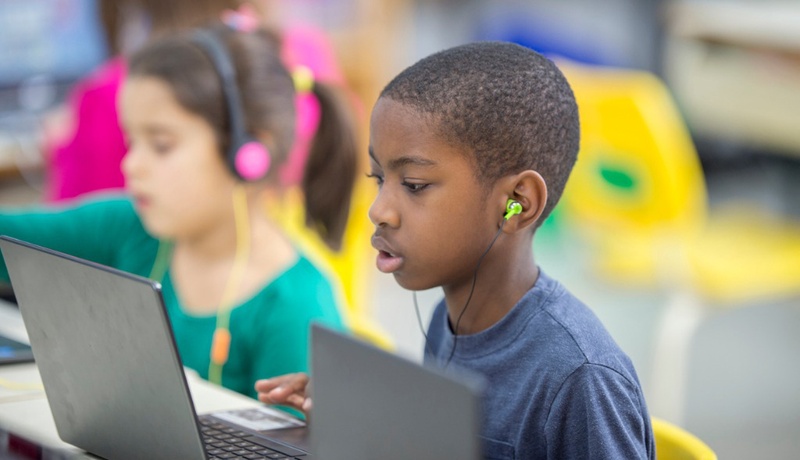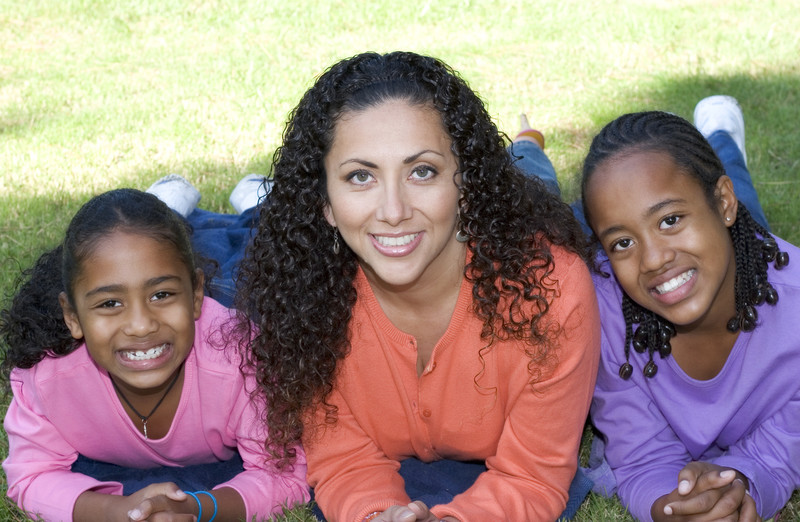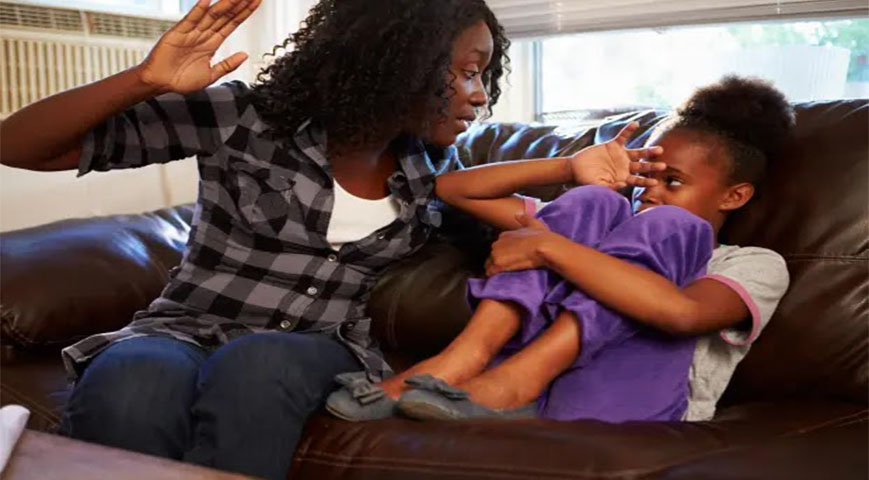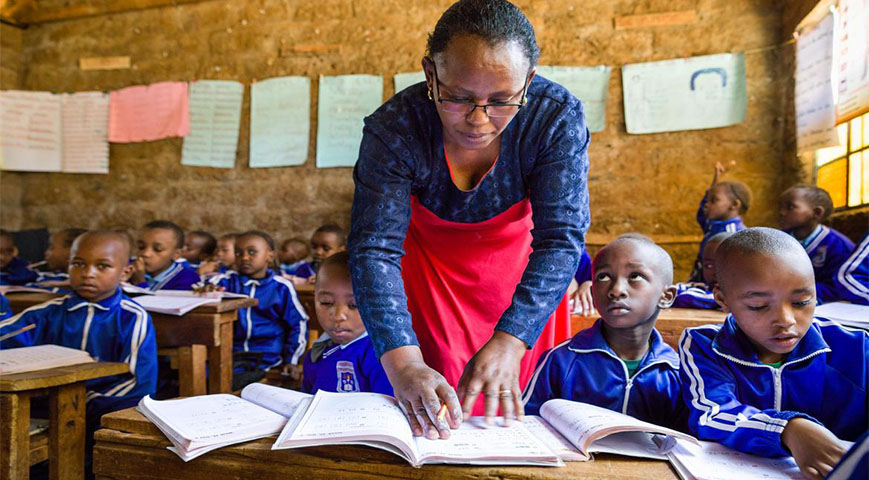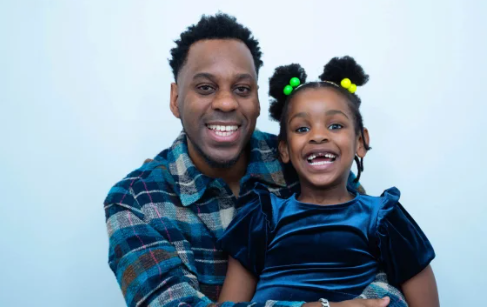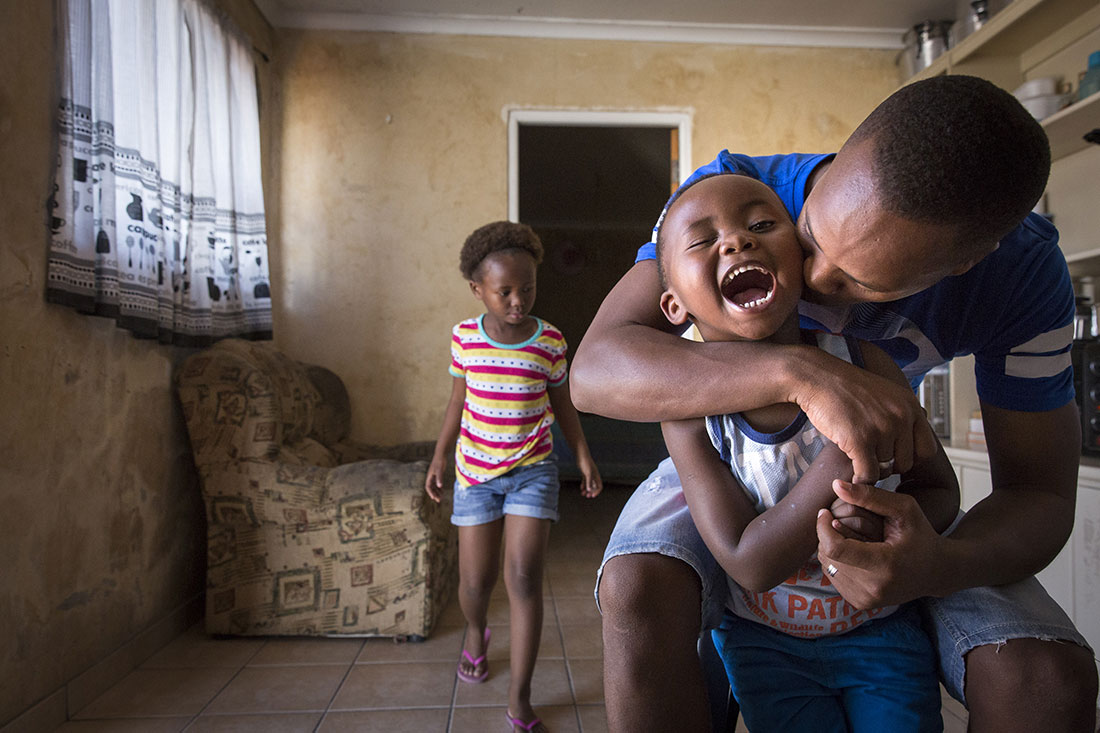Children with learning disabilities may struggle in school and other pursuits. It can be challenging as a parent to understand the circumstances and know what measures to take to help your child. If your kid has a learning disability, here are a few things you can do.
Get a prognosis
If you think your kid has a learning disability, you must obtain an official diagnosis from a doctor. A medical evaluation can help you and the kid's teachers know their abilities and flaws so that they can be supported to succeed.

Remember to talk and support your child's needs.
Remember to communicate with your kid and support his or her needs. Attend parent-teacher conferences and ask queries of your child's teachers. If you believe your kid is not receiving the necessary support, contact school management or seek outside assistance.
Recognize your child's learning approach.
Because learning disabilities can impact a child's learning, it's critical to comprehend how they learn style. Some kids learn best through visual tools, while others learn best through hands-on tasks. Understanding how your kid learns can assist you and your instructors in tailoring instruction to their specific needs.
Assist at home.
When a child exits school, his or her education does not end. Assisting at home can help kids reiterate what they have learned in school. Encourage them to take breaks and do activities they enjoy.

Seek assistance from others.
You may require outside assistance to support your kid at times. Consider collaborating with a teacher or educational counsellor who can offer specialized assistance. Support groups and organizations can also provide knowledge and resources.
Concentrate your energy.
Children with intellectual disabilities frequently battle in particular domains, but it is critical to emphasize their strengths. Motivate your child to participate in things he likes and excels at. This can help him gain self-esteem and a feeling of accomplishment. To summarize, raising a child with an intellectual disability can be difficult, but there are measures you can take to help them. With the proper diagnosis and communication with teachers, children with intellectual disabilities can flourish and achieve.

